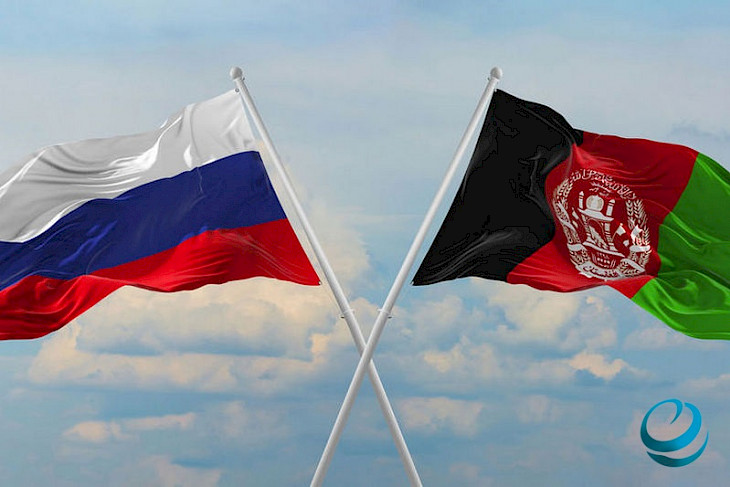In 2023, trade and economic relations between Russia and Afghanistan showed significant growth. The trade turnover between the two countries for the first three quarters of 2023 reached $786 million, which is 25% higher than the same period in the previous year, reports the press service of the Federal Customs Service of Russia.
The main Russian exports consisted of petroleum products, wheat, and agricultural machinery, while Afghanistan mainly supplied dried fruits, textiles, and carpets.
Amid this positive dynamic, Russia has set ambitious goals for further increasing economic cooperation with Afghanistan.
According to Rustam Khabibullin, head of the Russian Business Center in Afghanistan, there are plans to increase bilateral trade turnover to $3 billion by 2025 and to $10 billion by 2030.
These goals were announced at a meeting between representatives of the business council and the acting Minister of Agriculture of Afghanistan.
A key direction for achieving such significant growth in trade turnover is seen in expanding agro-industrial cooperation. This includes not only increasing the volumes of exports and imports but also diversifying the range of goods and enhancing the presence of Russian agricultural companies in the Afghan market.
An important aspect of the discussion was the creation of new logistical routes aimed at optimizing transportation costs and making trade between the countries more efficient. This is particularly relevant given Afghanistan's geographical location and the challenges of transporting goods through its territory.
It is worth noting that the interest in expanding economic cooperation with Afghanistan has been confirmed at a high governmental level.
Russian Deputy Prime Minister Alexei Overchuk previously stated the country’s readiness to import Afghan agricultural products, which opens up new opportunities for Afghan producers.
These ambitious plans for increasing trade turnover reflect Russia's desire to strengthen its economic position in the region and diversify its foreign trade relations in the context of a changing global economic landscape.
For Kabul, in turn, expanding trade with Moscow could become an important factor in economic development and the stabilization of the internal situation.
However, the implementation of these plans will require overcoming several challenges, including security issues, the development of transport infrastructure, and adaptation to international trade norms.
The success of this initiative will largely depend on political stability in Afghanistan and the ability of both countries to create favorable conditions for mutually beneficial economic cooperation.
CentralasianLIGHT.org
August 27, 2024

